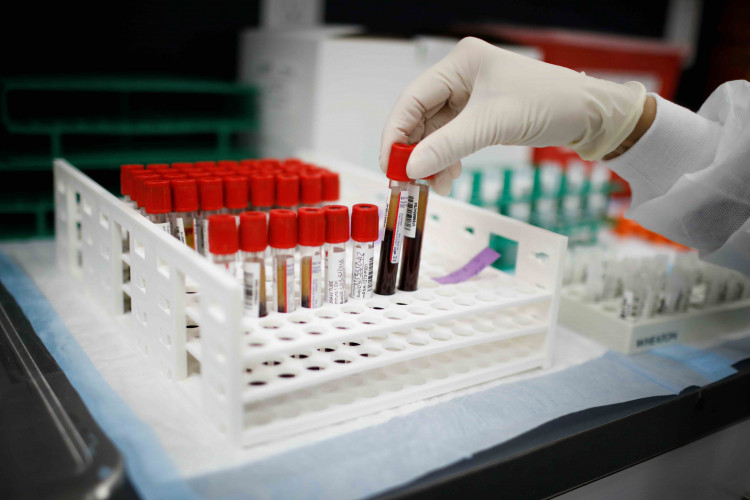Researchers discovered that people with type A blood are more likely to have a stroke before the age of 60 than people with other blood types.
Genomic research has revealed a clear link between the A1 subgroup gene and early-onset stroke.
Researchers compiled data from 48 genetic studies involving over 17,000 stroke patients and nearly 600,000 non-stroke controls. All participants were between the ages of 18 and 59.
A genome-wide search discovered two sites that were highly linked to an increased risk of stroke. One of them corresponded to the location of blood type genes.
Persons whose genomes encoded for a variation of the A group had a 16% increased risk of having a stroke before the age of 60 compared with a population of people with other blood types, according to a second investigation of specific blood-type genes.
"We still don't know why blood type A would confer a higher risk," senior author and vascular neurologist Steven Kittner from the University of Maryland said. "But it likely has something to do with blood-clotting factors like platelets and cells that line the blood vessels as well as other circulating proteins, all of which play a role in the development of blood clots."
Those who carried the gene for group O1 had a 12% lower risk.
The higher risk of stroke among those with type A blood, according to the researchers, is negligible, thus there is no need for additional screening or monitoring in this group.
Let's put the study findings-which suggest that a person's blood type may affect their risk of developing a stroke in their early years-into perspective.
According to the authors, clot-related factors are more likely to be the cause of strokes in younger people than fatty deposit buildup in the arteries (a process known as atherosclerosis).
The study also discovered that those with type B blood were approximately 11% more likely to have a stroke than non-stroke controls, regardless of age.
Previous research suggests that the 'ABO locus,' which codes for blood type, is linked to coronary artery calcification, which restricts blood flow, and heart attack.
The genetic sequence for A and B blood types has also been linked to a slightly increased risk of blood clots in veins, often known as venous thrombosis.
The genetic sequence for A and B blood types have also been associated with a slightly higher risk of blood clots in veins, called venous thrombosis.
This paper was published in Neurology.






